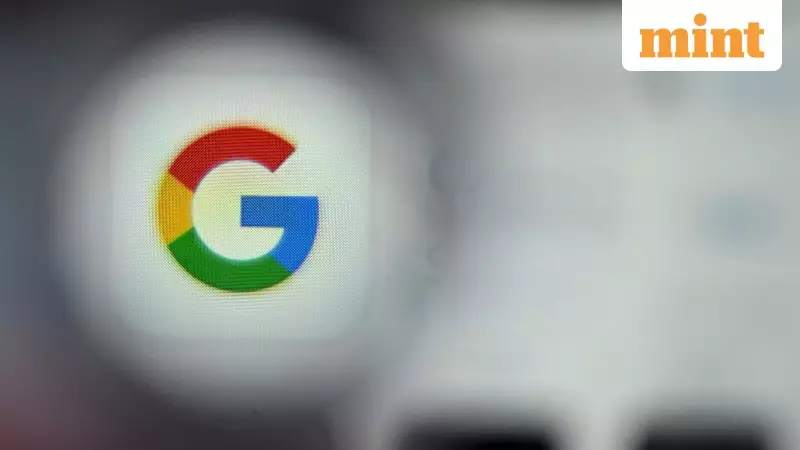
In a significant move to avert a multi-billion dollar penalty, US tech behemoth Google has formally presented a settlement offer to European Union antitrust regulators. The proposal, aimed at resolving a long-standing dispute, involves substantial changes to the company's advertising technology products and search results practices.
What is Google Proposing to Change?
According to a Bloomberg report dated Friday, 14 November 2025, Google's parent company, Alphabet, outlined its proposed concessions in a blog post. The core of the offer focuses on providing more flexibility and choice to publishers and advertisers who use Google's platforms.
The company plans to allow publishers to set different minimum prices for bidders operating on its Google Ad Manager platform. Furthermore, Google has committed to enhancing interoperability across its various ad tech services. This move is designed to break down silos within its own ecosystem, giving business partners greater freedom and a less restricted operational environment.
A Dispute Rooted in Dominance
The European Commission's scrutiny of Google is not new. Since March 2025, regulators have been investigating the firm over allegations that it unfairly favoured its own services—such as Google Shopping, Google Hotels, and Google Flights—over those of its competitors. This placed other businesses at a significant disadvantage in the digital marketplace.
The EU antitrust regulator asserts that Google abused its dominant market position by granting its own ad exchanges a competitive edge. It has formally directed the tech giant to cease these practices. A recent Reuters report, citing sources familiar with the matter, indicated that a formal penalty decision could be reached in the coming months, risking a fine that matches the seriousness of the alleged violations.
Google's Stance and Market Repercussions
Despite its settlement offer, Google's official position remains defiant. The company continues to disagree with the EU's preliminary decision from September and has stated its intention to appeal. A Google spokesperson expressed concern, warning that further mandated changes to its Search product could "prioritise the commercial interests of a small set of intermediaries over European businesses who want to sell directly to their customers."
The financial markets have felt the tremors of this regulatory battle. Alphabet stock closed 2.84% lower at $278.57 following a US market session, though it saw a slight rebound of 0.30% in after-hours trading, reaching $279.40.
This is not Google's first major run-in with EU regulators. The company has a history of substantial fines, including a 2.95 billion euro penalty in Brussels for dominance abuses, a 4.13 billion euro penalty related to Android, and a 2.42 billion euro fine concerning shopping search rivals.
The Road Ahead: Divestiture on the Table?
The path to a resolution remains complex. EU competition chief Teresa Ribera has suggested that a truly level playing field might require Google to divest parts of its advertising technology arm. While this falls short of the more radical breakup approach once considered by her predecessor, Margrethe Vestager, it is still viewed by the company as an extreme measure.
As the negotiations continue, the global tech industry watches closely. The outcome will set a critical precedent for how digital market dominance is regulated in Europe and beyond, impacting publishers, advertisers, and consumers alike.






